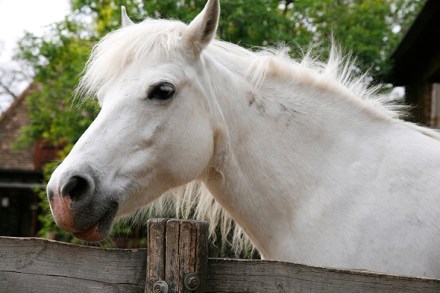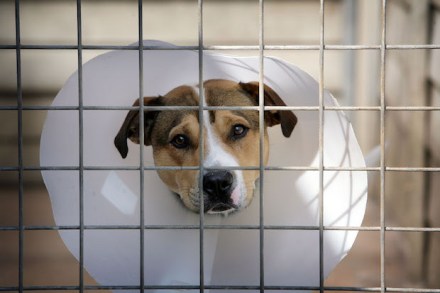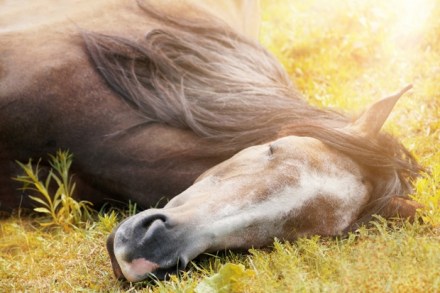An extraordinary fracas at the vet
After rushing our little spaniel to the veterinary hospital on the usual bank holiday emergency basis upon which all animals seem to get sick, we were held up by the most extraordinary fracas. The builder boyfriend carried her in, wrapped in a blanket, and we sat ourselves down anxiously to wait. But in the reception area of this smart animal hospital in Surbiton was a family who were engaged in a dispute with a desperate-looking young vet about the bill they had just run up for their fitting poodle. The scrappy white pooch stood on the floor heaving quietly as they shouted that there was no way they were paying




















